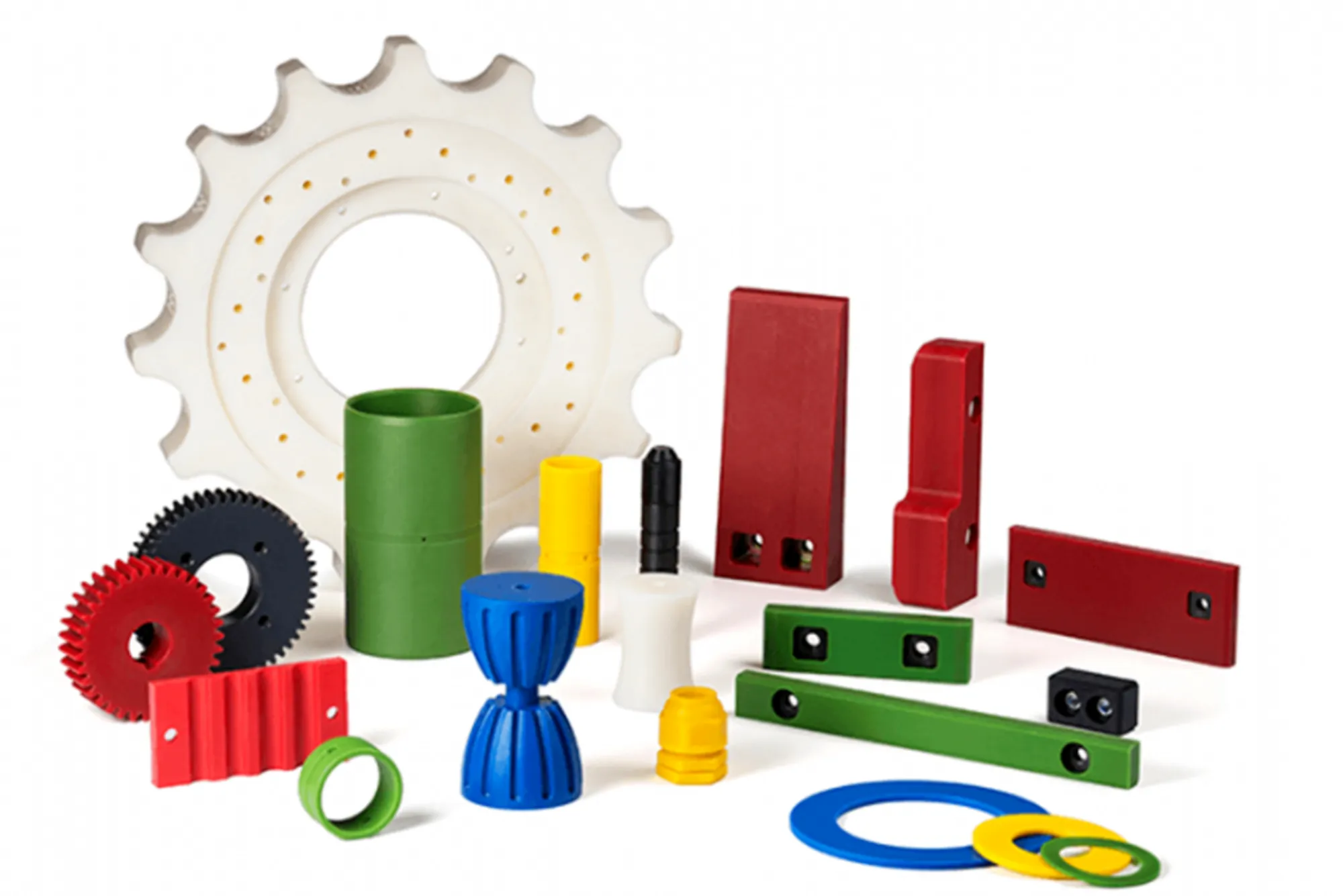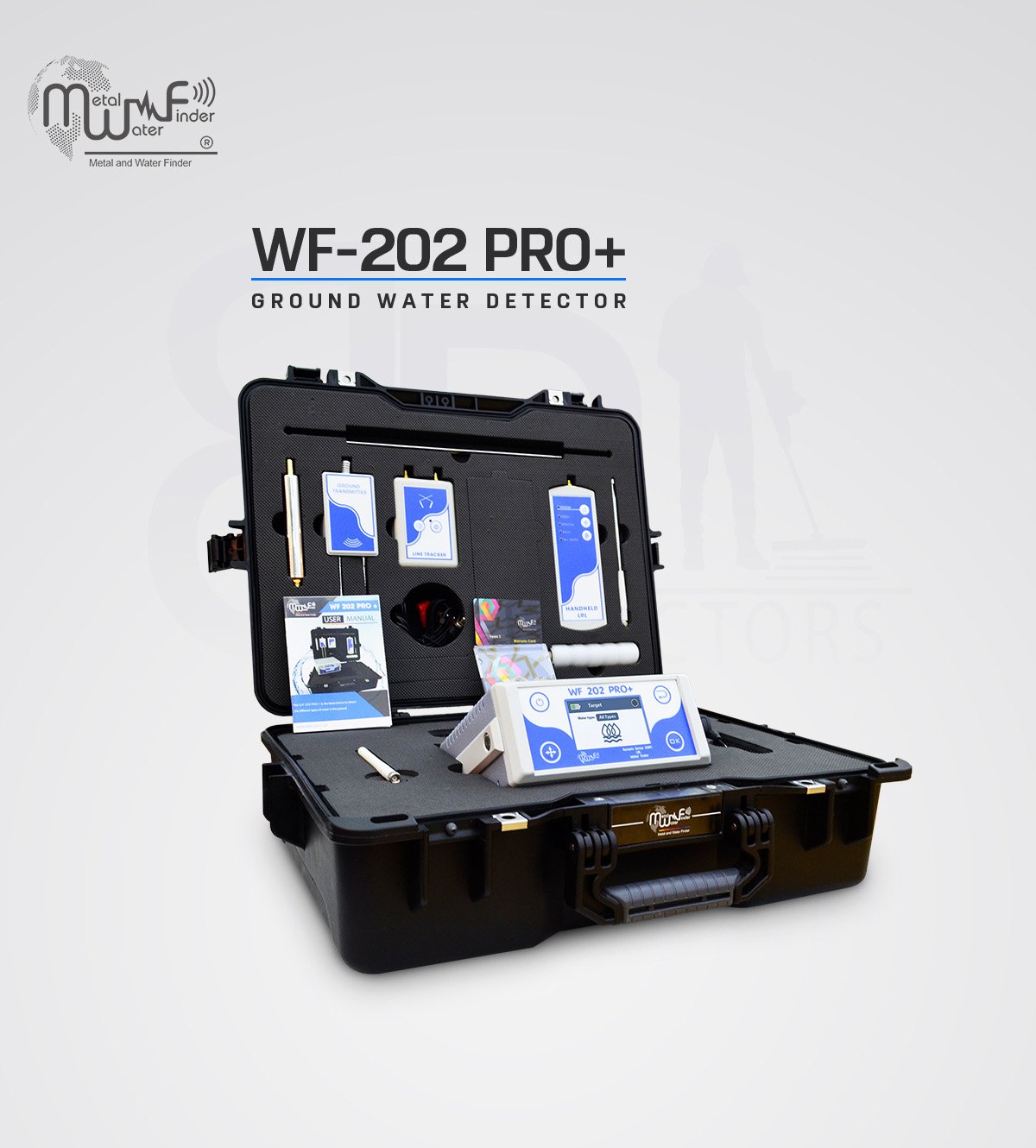When it comes to sourcing custom plastic components, choosing the right partner is as important as the design itself. Whether you’re a startup prototyping your first product or an established manufacturer looking to scale, working with a reliable plastic parts company can make or break your success. But how do you separate a dependable supplier from one that may cause costly delays or quality issues?
The answer lies in asking the right questions before you commit. Over the years, I’ve seen projects thrive simply because businesses took the time to thoroughly vet their suppliers. In this article, I’ll walk you through key questions you should ask any plastic molded parts manufacturer before placing an order. These questions are not only practical but can also save you from hidden expenses, production headaches, and unmet expectations.
What Experience Does the Company Have in Your Industry?
Not all plastic parts are created equal. An automotive component requires a different set of expertise compared to a medical-grade device or a consumer product. Asking a plastic parts company about their industry experience will help you gauge whether they can handle the specific requirements of your application.
For example, medical-grade plastics must meet strict compliance standards like ISO 13485. If you’re in electronics, you might need flame-retardant materials with high precision molding. A plastic molded parts manufacturer with proven experience in your sector will already understand these demands, which reduces the learning curve and potential mistakes.
What Types of Plastics and Molding Techniques Do They Offer?
The versatility of plastics is what makes them so widely used, but every project has its own material needs. Before you place an order, ask the supplier which resins they commonly work with. Do they handle ABS, polycarbonate, nylon, or advanced engineered plastics?
Equally important are the molding techniques. Some applications require injection molding for high precision and repeatability, while others might be better served with blow molding, compression molding, or even hybrid processes. A transparent plastic parts company should guide you through material and process selection rather than simply pushing their standard options.
How Do They Ensure Quality and Consistency?
Quality assurance is one area where you should never compromise. Ask the company what certifications they hold, what testing methods they use, and how they monitor production quality. Do they conduct dimensional checks, tensile strength testing, or stress crack resistance evaluations?
A trustworthy plastic molded parts manufacturer should have a documented quality management system in place, ideally certified under ISO standards. They should also be willing to share case studies or examples of past projects where they’ve maintained consistency across large production runs. Remember, defective parts can lead to recalls, lost revenue, and even reputational damage.
Can They Support Both Prototyping and Mass Production?
If you’re in the early stages of product development, you may not need a full-scale production run yet. Instead, you might be looking for a partner who can support low-volume prototyping before you scale up. A flexible plastic parts company that offers both services is often a better long-term partner because they can grow with you as your business evolves.
Ask if they offer rapid prototyping methods such as 3D printing or CNC machining alongside injection molding. The ability to move seamlessly from prototype to mass production under one roof reduces lead times, lowers costs, and avoids the hassle of switching vendors midstream.
What Are Their Lead Times and Production Capacities?
Time-to-market can be critical, especially if you’re competing in a fast-moving industry. Before finalizing your order, ask about typical lead times for both small and large orders. Some suppliers may be excellent at prototyping but struggle with scaling production quickly.
A seasoned plastic molded parts manufacturer will have the capacity, machinery, and workforce to adjust to changing demands. They should also be transparent about their workload and whether they can realistically meet your deadlines. It’s better to uncover capacity limitations early rather than risk project delays later.
How Transparent Are They About Costs?
Cost is often the deciding factor when choosing a supplier, but it’s also an area where hidden surprises can arise. Don’t just ask about the per-unit price; ask about tooling costs, setup fees, and any charges for design modifications.
A professional plastic parts company should be upfront about all expenses so you can accurately forecast your budget. Some companies even provide detailed cost breakdowns, which can help you identify areas where savings might be possible without sacrificing quality.
What Support Do They Offer for Design and Engineering?
Even if you have an in-house design team, collaborating with engineers who specialize in plastics can significantly improve the manufacturability of your product. Ask whether the supplier offers design-for-manufacturing (DFM) support, mold-flow analysis, or suggestions for optimizing wall thickness and gating.
A proactive plastic molded parts manufacturer will provide engineering input early on, preventing costly redesigns later. For example, I once worked with a supplier who spotted a stress point in a part design before production began. Their quick input saved months of rework and thousands in wasted tooling costs.
How Do They Handle Communication and Customer Support?
Smooth communication is often underrated, but it can determine how efficiently a project progresses. Does the supplier assign you a dedicated account manager? Are they responsive to emails and calls? Do they provide regular updates during production?
Working with a plastic parts company that values open communication can save you frustration. When issues arise, and they inevitably will at some point, a responsive partner will resolve them quickly rather than leaving you in the dark.
Can They Provide References or Case Studies?
Finally, one of the simplest but most telling questions is whether they can provide references or detailed case studies. Hearing directly from other clients—or reviewing documented success stories—gives you confidence that the supplier has delivered on similar projects in the past.
A reputable plastic molded parts manufacturer won’t hesitate to connect you with existing customers or showcase results they’ve achieved. This external validation is often more valuable than anything they could tell you themselves.
Final Thoughts
Choosing the right plastic parts company is not just about cost or convenience. It’s about building a partnership with a supplier who understands your needs, supports your growth, and consistently delivers high-quality parts. By asking the right questions upfront—about experience, materials, quality, capacity, costs, and support—you position yourself for long-term success.
In my experience, the businesses that invest time in this vetting process end up with fewer surprises, better products, and smoother launches. A little diligence now can save you from big headaches later.






